|
http://www.creatingasimplerlife.com
A healthy mommy means a healthy baby. Just google that to see how many sites you come up with. Shouldn't the same be true for hens? Shouldn't a healthy hen mean a healthy egg? If you've purchased eggs lately you may have noticed how many different options there are. White, brown, organic, cage-free, the labeling on the cartons can be daunting, especially if you don't know what the labels actually mean. A lot of the labeling is actually bogus and means nothing. For example, "All Natural" and "Farm Fresh" really have no officially defined meaning. And "no added hormones" is only true because it's been the law for more than 50 years! Other terms have been defined and many people think they know the meaning, but do they really? Think about it: do you really know the difference between cage-free, free-range, and pasture-raised? Are all cage-free requirements the same? Why do some eggs cost significantly more than others? Which eggs are better? Which eggs are healthier for my family? So many questions lead to confusion and it is just easier to buy the cheapest eggs and move on. Trust me, I've been there. My goal today is to very simply describe the basic differences between the third party certifiers so that you can at least make a somewhat more informed decision when purchasing eggs for you and your family. Two things to understand when purchasing eggs:
In general, the eggs that come from companies that are third party certified are the most humane to the chickens and in turn this means they will also be the healthiest eggs for you and your family! This is because they are the companies that will have the strictest rules in place regarding what the hens are fed, how much space each hen has, whether they can go outside or not, when and if antibiotics or other medicines may be used, and if they allow beak cutting. How those general conditions can affect the eggs you eat:
OK. So where does that leave us when it comes to buying eggs? There are five third-party egg certifiers, some with more than one area of certification (so eleven certifications total). I started out by making a spread sheet to compare them all but there were so many differences and so many levels it just became too much. What I have done here is list them in order from what, in my opinion, is the worst at the top to the best at the bottom. I have included a brief description of why I chose to place them where they are in the 'pecking order' (yes, pun intended). If you want to read the actual requirements for each certification I have included the links under 'sources' at the bottom of this post. WORST TO BEST CERTIFICATIONS FOR EGGS: 11. United Egg Producers Certified Caged (see example of certification stamp below)
So take a look at the eggs in your refrigerator...ARE THEY CERTIFIED, and if so, by who? And the absolute best eggs? Raise your own backyard chickens! You will know exactly what they eat, how they are taken care of, and if they are happy or not :-)
A happy chicken is a healthy chicken! Sources: How to Read Egg Carton Labels (The Humane Society of The United States) Certified Humane Levels 1-3 Requirements (pdf file) American Welfare Approved Requirements (pdf file) American Humane Certified Enriched Colony Cages Requirements (pdf file) American Humane Certified Cage-Free Requirements (pdf file) American Humane Certified Free-Range & Pasture Requirements (pdf file) Food Alliance Certified Requirements United Egg Producers Certified Levels 1 & 2 Requirements (pdf file)
0 Comments
Leave a Reply. |
Hi there! I'm Kathie, the author behind Creating A Simpler Life blog. I'm excited to share our longterm projects (and planning) toward building our future retirement homestead in the Adirondack Mountains of New York. In the meantime I will be sharing all the other little things we do that are part of creating our simpler life!
Categories
All
Archives
July 2020
|

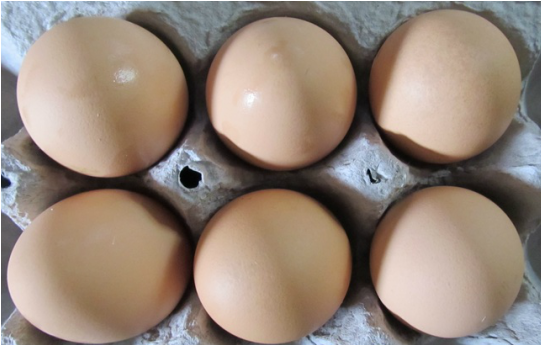
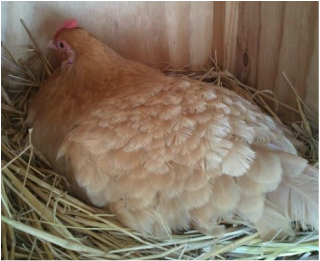
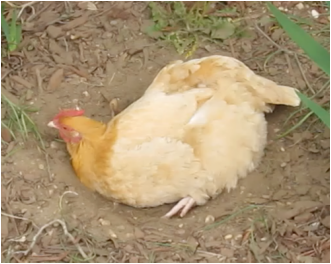
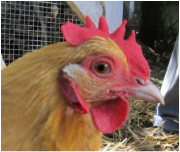
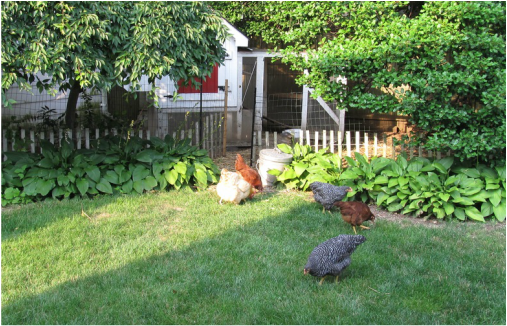
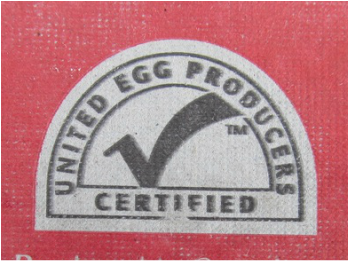

 RSS Feed
RSS Feed